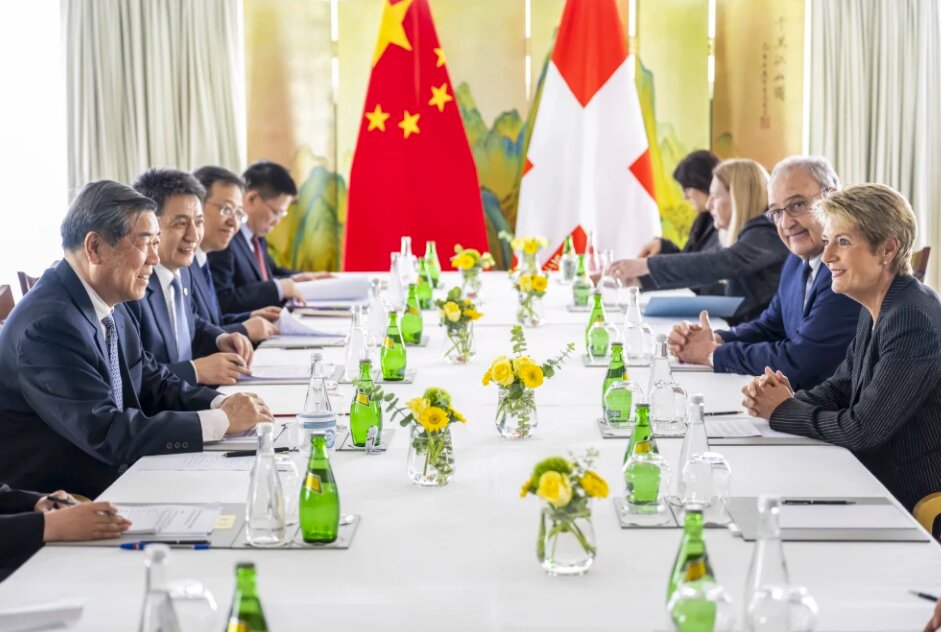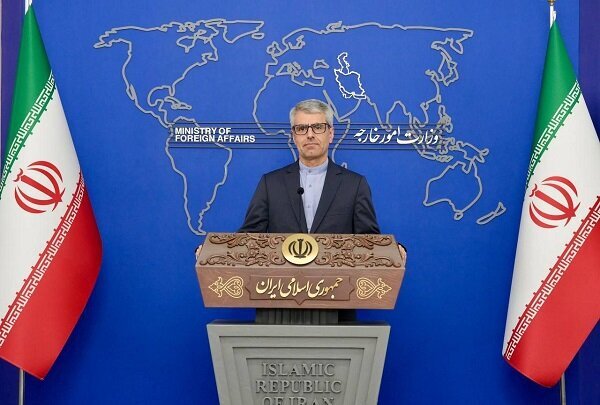China and US Engage in Crucial Tariff Talks to De-Escalate Trade War Tensions
In a significant move to address ongoing tensions in international trade, China’s trade envoy, He Lifeng, recently convened with U.S. Treasury Secretary Scott Bessent in Switzerland. This meeting aims to mitigate the escalating trade war between the two economic giants, which has been impacting global markets.
The discussions mark the first official engagement between the two nations since the United States imposed a staggering 145 percent tariff on Chinese goods. In retaliation, China responded with a 125 percent duty on U.S. products. The talks commenced on Saturday at a location in Geneva, Switzerland, as reported by the Chinese state news agency Xinhua.
The trade war, which began several years ago, has led to an unpredictable economic climate worldwide. The tariffs imposed by both countries have affected various sectors and created uncertainty among businesses and consumers alike. Here are some key points regarding the current state of the U.S.-China trade relations:
- Escalating Tariffs: Both nations have engaged in a series of tariff hikes, with the U.S. and China implementing tariffs on a wide range of goods.
- Impact on Global Markets: The trade conflict has caused volatility in stock markets and affected global supply chains.
- Negotiation Efforts: Diplomatic efforts, such as the meeting between He Lifeng and Scott Bessent, emphasize the importance of dialogue in resolving trade disputes.
- Economic Implications: The ongoing trade war has implications for economic growth, employment rates, and global trade dynamics.
The recent meeting in Geneva is a step towards fostering communication and understanding between the two nations. Both parties recognize the necessity for constructive dialogue to stabilize economic relations and navigate through the complexities of global trade. The outcome of these discussions could lead to potential agreements that may alleviate some of the financial pressures felt by businesses and consumers.
In addition to addressing tariffs, the talks are expected to cover various issues, including intellectual property rights, market access, and trade imbalances. These topics are crucial for both countries as they seek to establish a more balanced trade framework that benefits both economies.
As the world watches closely, the implications of this meeting extend beyond the borders of the U.S. and China. Other nations that trade with these superpowers are likely to feel the effects of any agreements or disagreements that arise from these discussions.
Moreover, the ongoing trade tensions have prompted many companies to reassess their supply chains and sourcing strategies. Businesses are increasingly looking for ways to mitigate risks associated with tariffs and potential disruptions in trade. Some key strategies that companies are adopting include:
- Diversification of Suppliers: Companies are exploring alternative suppliers in different regions to reduce dependency on Chinese goods.
- Investment in Technology: Businesses are investing in technology to enhance efficiency and reduce costs amid fluctuating tariffs.
- Market Expansion: Firms are seeking to expand into new markets to offset potential losses from the trade war.
In conclusion, the meeting between China’s He Lifeng and U.S. Treasury Secretary Scott Bessent is a crucial step toward easing the trade war that has been affecting global markets. With both countries facing significant economic challenges, the need for constructive dialogue has never been more urgent. As negotiations progress, the potential for a more stable and equitable trade relationship remains hopeful, but the path forward is fraught with complexities.
As this situation continues to unfold, stakeholders in the global economy will remain vigilant, hoping for resolutions that promote trade harmony and economic stability.






